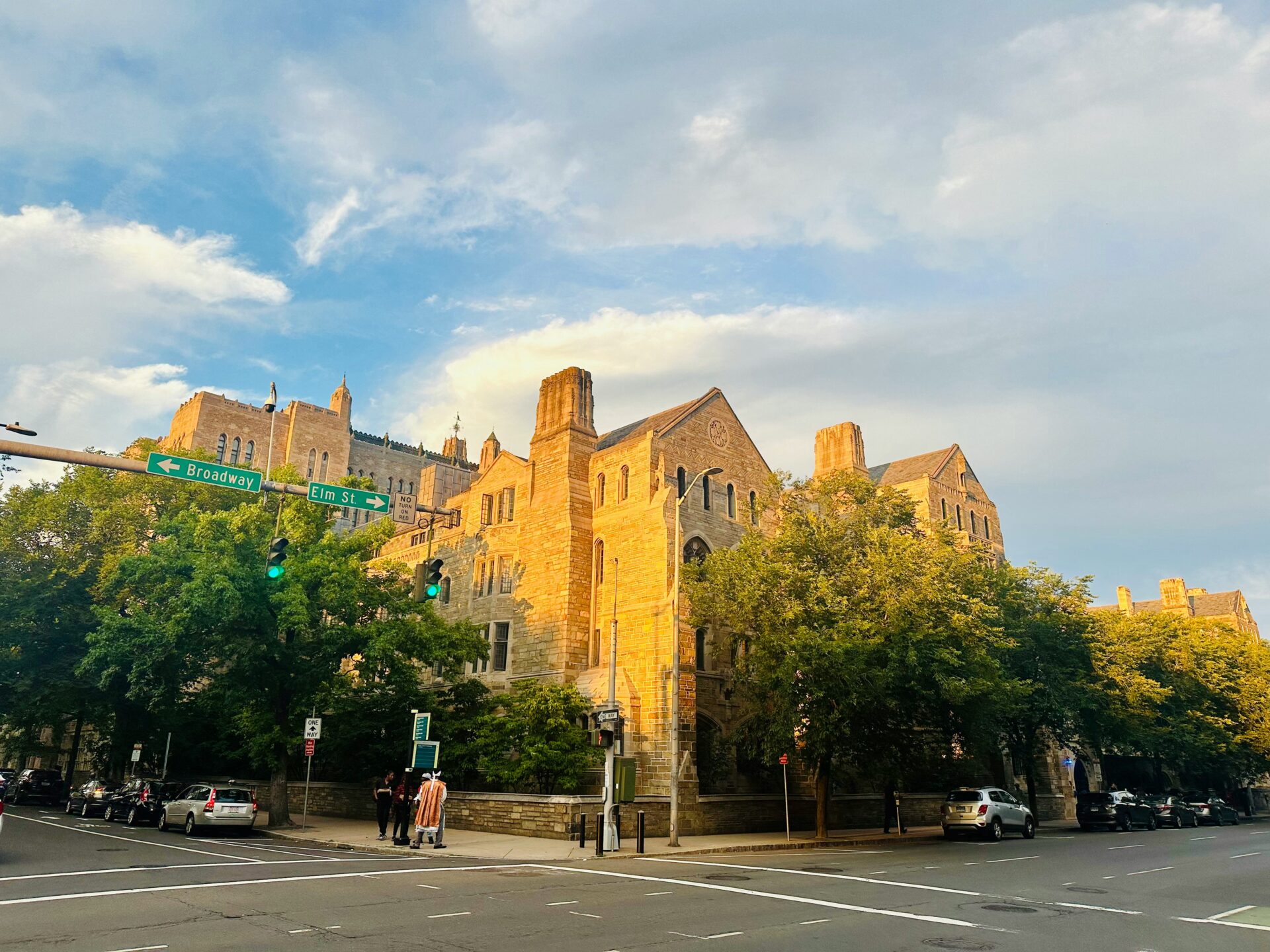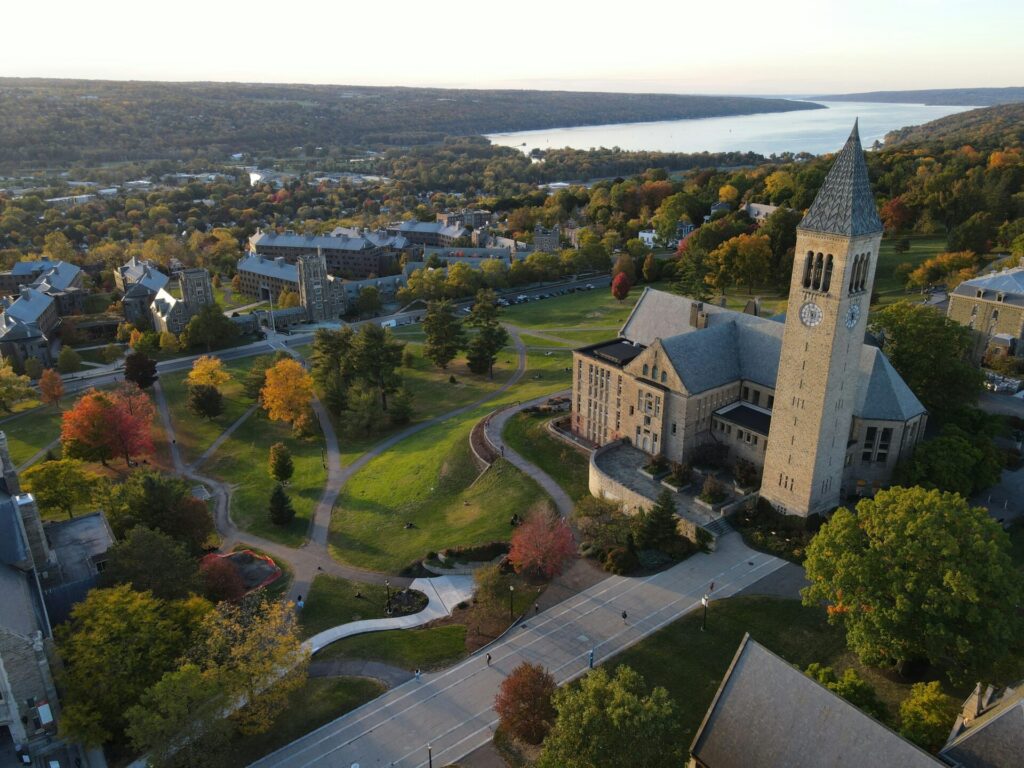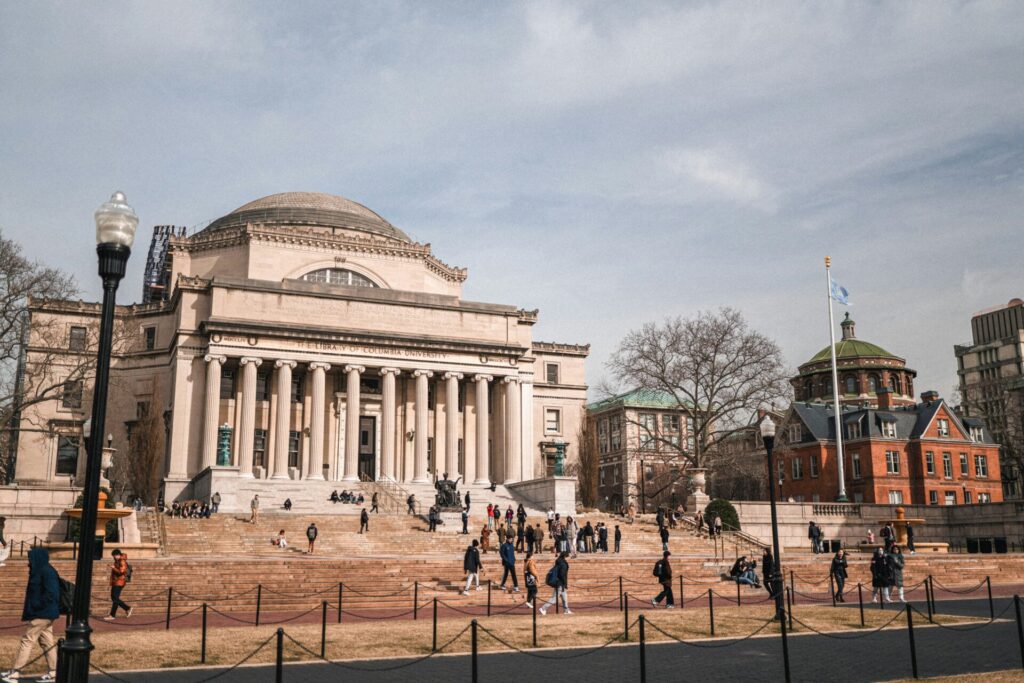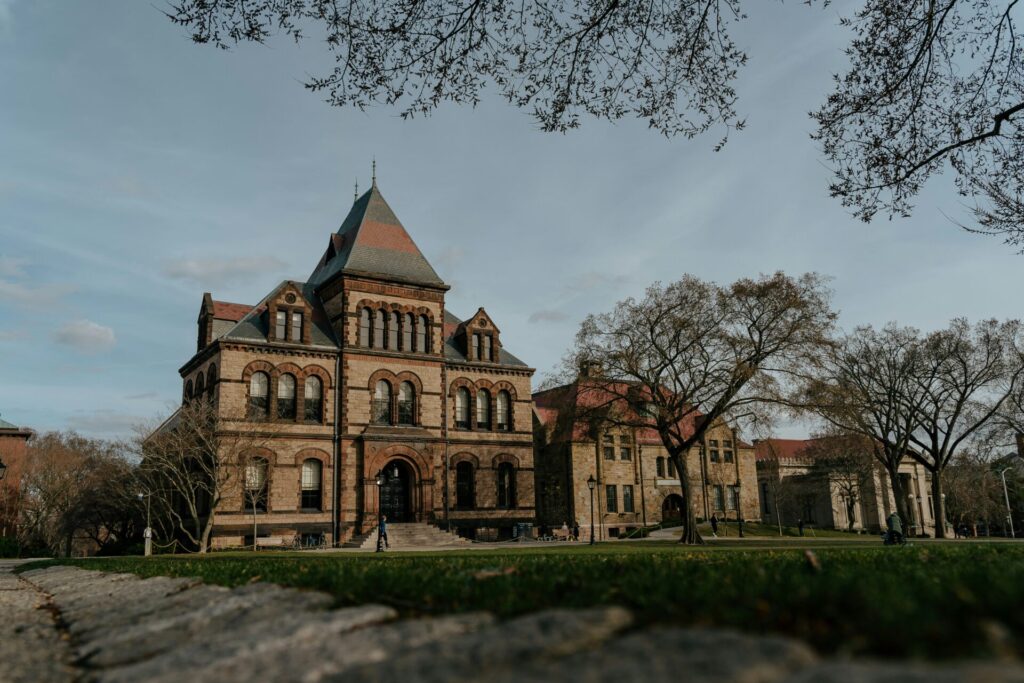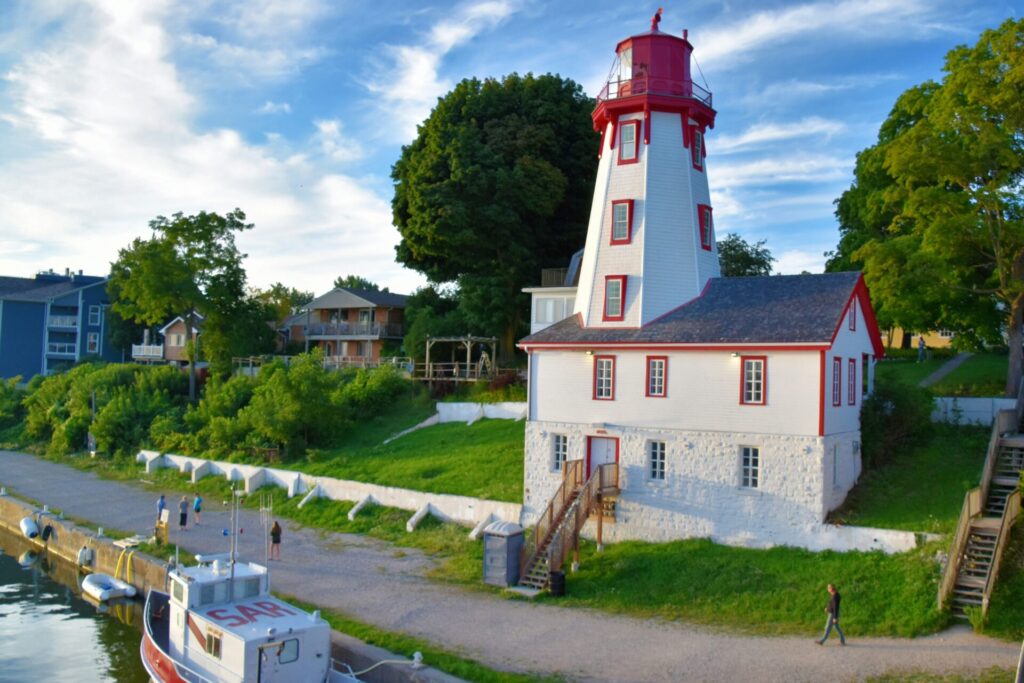The best known Yale summer program for high school students is the Yale Young Global Scholars (YYGS), an academically intensive and globally focused summer opportunity hosted at Yale’s campus in New Haven, Connecticut. It’s specifically designed for students aged 16–18, with the programme gathering high-achieving learners from across the world for two weeks of academic exploration, leadership development, and cross-cultural exchange. In addition to this, Yale offers Summer Sessions, which more closely resemble actual undergraduate study at Yale.
YYGS is structured around thematic sessions—such as Politics, Law, and Economics (PLE), Literature, Philosophy, and Culture (LPC), Innovations in Science and Technology (IST), and Solving Global Challenges (SGC). These themes integrate interdisciplinary thinking, allowing students to draw connections across subjects while engaging with real-world issues.
Students participate in small-group seminars, large-scale lectures from leading academics, and collaborative Capstone projects that develop research and presentation skills. The experience is not about grades or exams, but rather about critical inquiry and shared learning. It offers a residential university experience with access to Yale facilities, evening activities, and campus tours—giving students an immersive and memorable taste of college life.
Summer Sessions vs Young Global Scholars
Academic Focus
YYGS is themed and interdisciplinary—programmes like Innovations in Science, Literature & Philosophy, Politics & Law—where each session has a curated curriculum. It’s seminar-based, with emphasis on critical thinking, discussion, and global issues.
Yale Summer Session is more traditional and flexible. Pre-college students take actual Yale undergraduate courses, for credit, in subjects they choose—there’s no fixed theme. It’s designed for students who want to get ahead academically or explore a specific field in depth.
Learning Environment
YYGS is intensive but non-credit, with classes run by Yale faculty, grads, and undergrads in a global seminar format. It’s highly interactive, driven by peer collaboration and perspective-sharing.
Summer Session puts pre-college students directly into Yale classrooms with undergrads, learning in the same format as a regular university course—readings, lectures, assignments, and grades.
Eligibility & Admissions
YYGS targets globally-minded high schoolers aged 16–18, often in their penultimate year. It’s selective, requiring essays, transcripts, and often an extracurricular CV.
Summer Session is for students who’ve completed Grade 11 and are at least 16 by the programme’s start. It also requires a transcript, essay, and recommendation but leans more toward assessing academic readiness than global engagement.
Social & Co-curricular Emphasis
YYGS leans into community: identity groups, speaker series, innovation challenges, and global connections are built-in.
Summer Session is quieter socially—co-curriculars exist (talks, events), but it’s not the focus. Students are more independent, managing workloads similar to first-year university life.
Summary
YYGS is a pre-college experience rooted in ideas, dialogue, and global citizenship.
Yale Summer Session is a slice of real undergraduate study—credit-bearing, subject-specific, and academically rigorous.
Yale University: An Ideal Summer School Setting?
Yale University, located in New Haven, Connecticut, is a cornerstone of Ivy League tradition and academic excellence. Founded in 1701, Yale has long been a hub for liberal arts education, groundbreaking research, and public service. Its stunning Gothic-style architecture, centuries-old libraries, and lively student community create an atmosphere that’s both intellectually rich and deeply rooted in history.
For high school students, participating in a summer programme at Yale is an opportunity to experience this extraordinary environment. Programmes such as Yale Young Global Scholars offer a blend of interdisciplinary learning, global discussion, and leadership training. Whether tackling real-world problems, analysing classic texts, or collaborating on group projects, students are encouraged to think critically and communicate effectively.
Living on campus offers additional value. Students reside in college-style housing, dine in historic halls, and explore Yale’s museums, theatres, and green spaces. It’s a deeply immersive experience that helps build confidence and offers a genuine preview of university life. For any ambitious student curious about elite education and global collaboration, a summer at Yale can be both a confidence boost and a source of lifelong inspiration.
Common Features of a Yale Summer Program for High School Students
Whether through Yale Young Global Scholars or the Pre-College Summer Session, taking a Yale summer program for high school students guarantees three things: global perspective, academic inquiry, and personal development. Both prioritise intellectually curious students who are ready to engage in demanding academic environments that reflect the spirit of university learning. Classes, whether discussion-based or lecture-driven, encourage critical thinking, close reading, and independent reflection.
A key feature across both programmes is the emphasis on active participation. Students are not simply observers – they’re expected to question, research, and contribute meaningfully to their learning communities. Capstone projects in YYGS and extended coursework in the Summer Session both foster independent study and personal investment in ideas. Outside the classroom, the residential setting enables students to experience a taste of college life: navigating shared spaces, attending events, and building friendships with a globally diverse cohort. The combination of academic rigour and cultural exchange is central to Yale’s high school summer ethos.
Common Advantages
Both programmes offer a rare opportunity to experience Yale’s academic atmosphere as a pre-college student. Whether through collaborative seminars or formal university courses, students develop a range of transferable skills: critical analysis, public speaking, academic writing, and time management. The experience fosters independence and self-awareness, as students manage their own schedules, engage with challenging material, and adjust to the expectations of higher education.
The global dimension adds another layer of value. Participants join communities made up of students from dozens of countries, leading to conversations that are as intellectually diverse as they are culturally enriching. Exposure to varied perspectives not only sharpens students’ thinking but also broadens their understanding of the world. Across both settings, the programmes encourage risk-taking in learning—giving students permission to ask bigger questions, try new disciplines, and move beyond the limits of their school curriculum.
Common Drawbacks
Despite their strengths, there are limitations worth considering. Cost is a significant factor – tuition, travel, and residential fees can be prohibitive, especially for international students. While Yale offers financial aid, it’s competitive and not guaranteed, meaning some strong applicants may still be unable to attend. Both programmes also assume a high degree of maturity and self-motivation; for students unused to academic pressure or extended time away from home, the adjustment can be intense.
Another concern is the mismatch between effort and formal output. YYGS, while academically rich, does not offer credit or graded assessment, which may be frustrating for those seeking concrete outcomes for university applications. Conversely, the Pre-College Summer Session, though credit-bearing, can be academically demanding in ways that may not align with every student’s readiness or learning style. In either case, students should consider not just the prestige or location, but whether the structure truly fits their goals and capacity at this stage.
Yale Summer Program vs Immerse Education
While a Yale summer program for high school students delivers a powerful academic and cultural experience, Immerse Education’s USA offerings provide an alternative that combines academic depth, mentoring, and a more personalised approach to summer learning.
Immerse Education runs residential programmes in Boston and New York for students aged 13–18 spanning both academic and career experiences. These two-week programmes are holistic, including both a core academic or career-focussed timetable as well as a full programme of extracurriculars.
These programmes are designed around intensive subject or industry exploration. In Boston, students experience university-level study, whilst in New York, students have industry experiences to boost their resumé. Available in Boston including engineering, medicine, and business, whilst in New York, students can study marketing, journalism and design.
The curriculum is led by expert tutors and follows a small-group tutorial model, with no more than ten students per class. This allows for consistent individual feedback, class participation, and the opportunity to build close academic relationships.
Unlike Yale’s discussion-based, broad-interdisciplinary model, Immerse allows students to specialise. Their work culminates in a final project or presentation, guided by their tutor and grounded in academic expectations. The immersive city setting is paired with social and cultural outings, university-style living, and a focus on growing student confidence, independence, and subject mastery.
Is the Yale Summer Program Worth It?
For students interested in global challenges, dialogue-led learning, and building cultural literacy in an Ivy League environment, Yale’s programme can be deeply rewarding. It nurtures curiosity, leadership, and self-awareness. That said, it’s best suited for students comfortable with abstract, thematic study and able to thrive in fast-paced, self-directed environments. If you’re looking for academic credit, structured support, or focused development in a particular subject, you may find more value in an alternative programme like Immerse.
Join the Immerse Education 2025 Essay Competition
Follow the instructions to write and submit your best essay for a chance to be awarded a 100% scholarship.

Ivy League Alternatives to the Yale Summer Program
Yale’s campus is home not only to YYGS but also to other pre-college summer options run by reputable third-party providers. ISSOS hosts international students aged 13–18 for a blend of academic courses, electives, and cultural engagement. Subjects include English, business, and creative writing, with afternoon workshops ranging from tennis to filmmaking.
Oxford Royale offers subject-specific courses like economics, psychology, and medicine within an Oxford-style tutorial structure, adapted for Yale’s campus. These programmes combine rigorous learning with cultural immersion, making them ideal for students who want a structured, well-rounded academic experience.
Other alternatives include Harvard’s Pre-College Programme, Columbia’s Summer Immersion series, and NYU’s Precollege and Career Edge offerings. Each provides access to top-tier academics and city or campus-based exploration, though formats and focus areas differ.
Alternatives to Earn College Credits
For students who prefer flexibility, the Online Research Programme allows them to work one-on-one with an expert academic to produce a university-style research paper or project. This is ideal for those looking to build portfolios or stretch themselves beyond the classroom without needing to travel – and, with the accredited Online Research Programme, students can earn 3 college credits f
All Immerse courses prioritise feedback, structure, and academic challenge, making them excellent alternatives for students who want to build their subject knowledge and study skills in a more focused and supported environment.
How to Apply for the Yale Summer Program
Applying to Yale Young Global Scholars is a straightforward process but requires planning. Students complete an online application through the official YYGS portal, which includes personal information, academic transcripts, a 400-word essay, a 200-word short response, and a brief video introduction. One teacher recommendation is also required.
Applicants may also apply for need-based financial aid as part of the main application. Admission is holistic and competitive, focusing on academic achievement, engagement with global issues, and potential to contribute to the programme’s diverse cohort. Applications open in autumn and close in January, with early deadlines offering the best chance for course availability and aid consideration.
Final thoughts
A Yale summer program for high school students is intellectually stimulating, culturally rich, and transformative for the right student. It invites learners to think critically, collaborate globally, and grow as leaders. But it’s not a one-size-fits-all experience. For those seeking structured academic progression, deeper subject focus, or personal mentoring, Immerse Education’s summer programmes in Boston, New York, San Francisco, and online offer a more tailored alternative. Whichever route you choose, the goal is the same: to challenge yourself, discover your passions, and take your learning to the next level.










